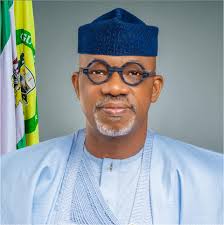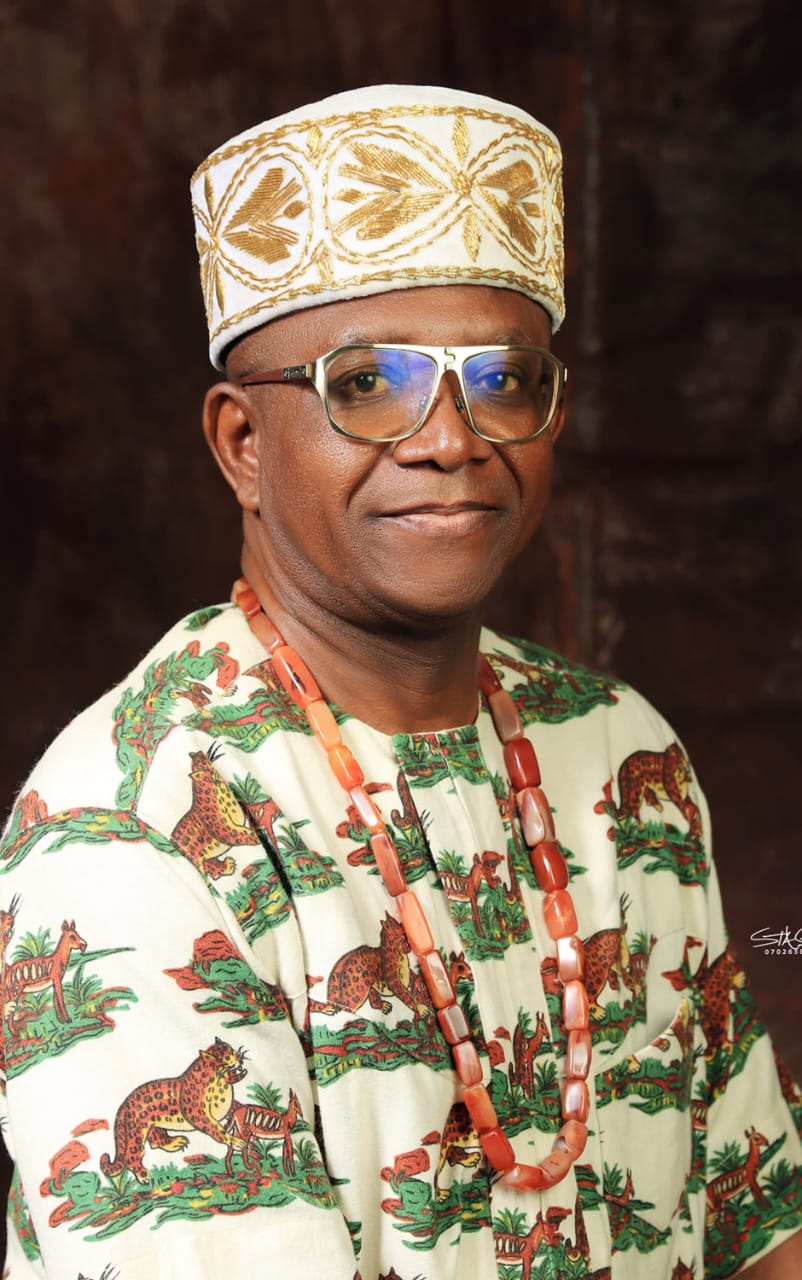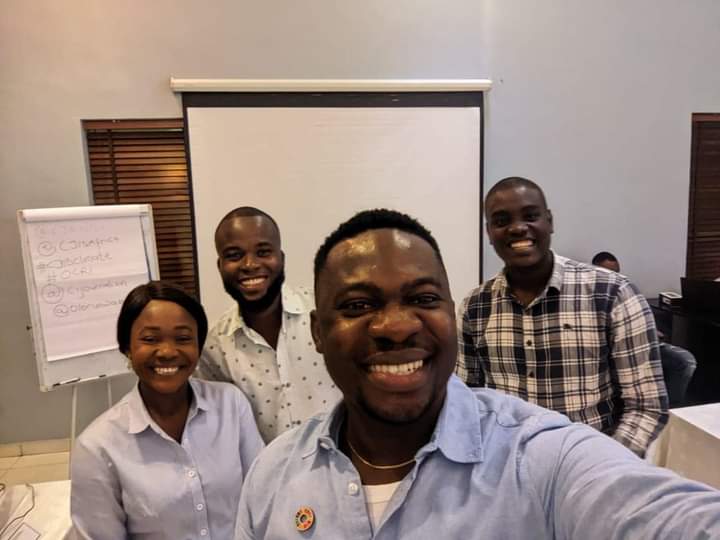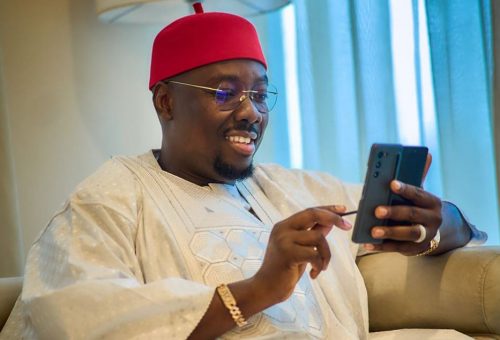Special Feature
Why media literacy matters in the age of misinformation, Goodness Chibunna

A few years ago, I sat across from a group of teenagers during a media workshop. I asked them how they knew the news they read online was accurate. After a long pause, one of them said, “If it’s trending, it must be true.”
That moment was a wake-up call. The ability to critically assess information is becoming less common, especially in a world where misinformation can spread faster than ever before.
This is why media literacy is so important.
You see, we live in the age of information overload, where millions of articles, videos, and social media posts are shared daily. Unfortunately, not all of it is accurate or reliable. Without the skills to discern fact from fiction, individuals are more vulnerable to believing and sharing false information, leading to confusion and mistrust.
Media literacy is about more than just knowing what to read—it’s about understanding how media is created, why it’s distributed, and the underlying intentions behind it. This skill empowers us to question sources, verify facts, and make informed decisions.
But, how can we promote media literacy in such a fast-paced digital world? Here are five practical ways to improve your media literacy skills:
1. Evaluate the source
Before believing or sharing a piece of news, check where it’s coming from. Is the source reliable? Check the publication’s history, credibility, and track record for accuracy. Established media outlets usually have editorial standards that minimise the risk of misinformation.
2. Cross-check facts
Don’t rely on a single source for information. Look for multiple articles or reports on the same topic from different outlets. Cross-checking facts helps you spot inconsistencies and biases.
3. Question the purpose
Consider why the content was created. Is it intended to inform, entertain, or persuade? Is there an agenda behind the message? Knowing this helps you approach it critically.
4. Recognise bias
Every media outlet has its own perspective. Be aware of your own biases as well, and seek out diverse viewpoints to get a more balanced understanding of an issue.
5. Learn to spot clickbait
Sensational headlines designed to grab attention often misrepresent the actual content. Look beyond the headlines to understand the full story.
As journalists, media professionals, or simply consumers of information, promoting media literacy is one of the most impactful things we can do to ensure a more informed society. It’s not just about avoiding fake news; it’s about engaging with media in a responsible and critical way.
What steps are you taking to improve your media literacy? Let’s continue the conversation in the comments!
#MediaLiteracy #DigitalAwareness #FactChecking #NeverSettle
-
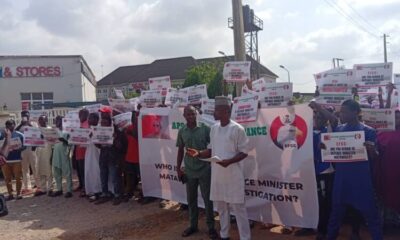
 Crime and Law2 days ago
Crime and Law2 days agoAPC members storm EFCC, call for re-opening of alleged corruption case against Matawalle
-
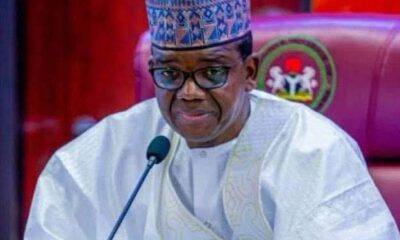
 Special Feature1 day ago
Special Feature1 day agoMatawalle: The inertia of the saddest minds, by Lawal Umar Maradun, Ph.D.
-

 National News1 day ago
National News1 day agoAfrican Union Simulation names Ooni of Ife grand patron of traditional institutions
-
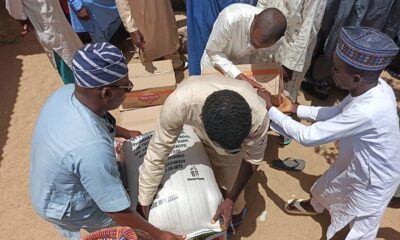
 National News2 days ago
National News2 days agoMatawalle condoles with family of Alkali Salihu, donates N5m
-
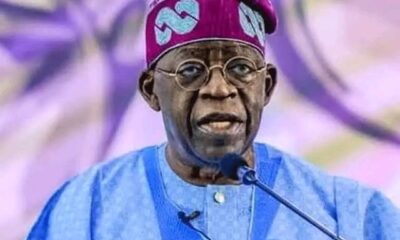
 National News1 day ago
National News1 day agoCAN to Tinubu: Don’t spare terrorists hiding behind religion
-
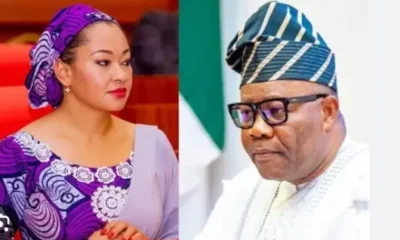
 Crime and Law2 days ago
Crime and Law2 days agoNatasha fires back as Akpabio seeks court-ordered apology over facebook post
-
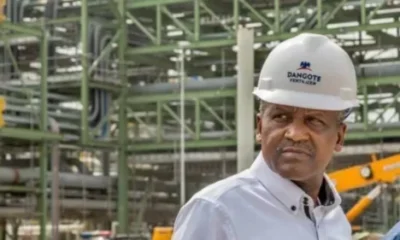
 Business1 day ago
Business1 day agoNNPCL crucial to our operation — Dangote
-

 National News1 day ago
National News1 day agoAfricans fume, react to Pope election



